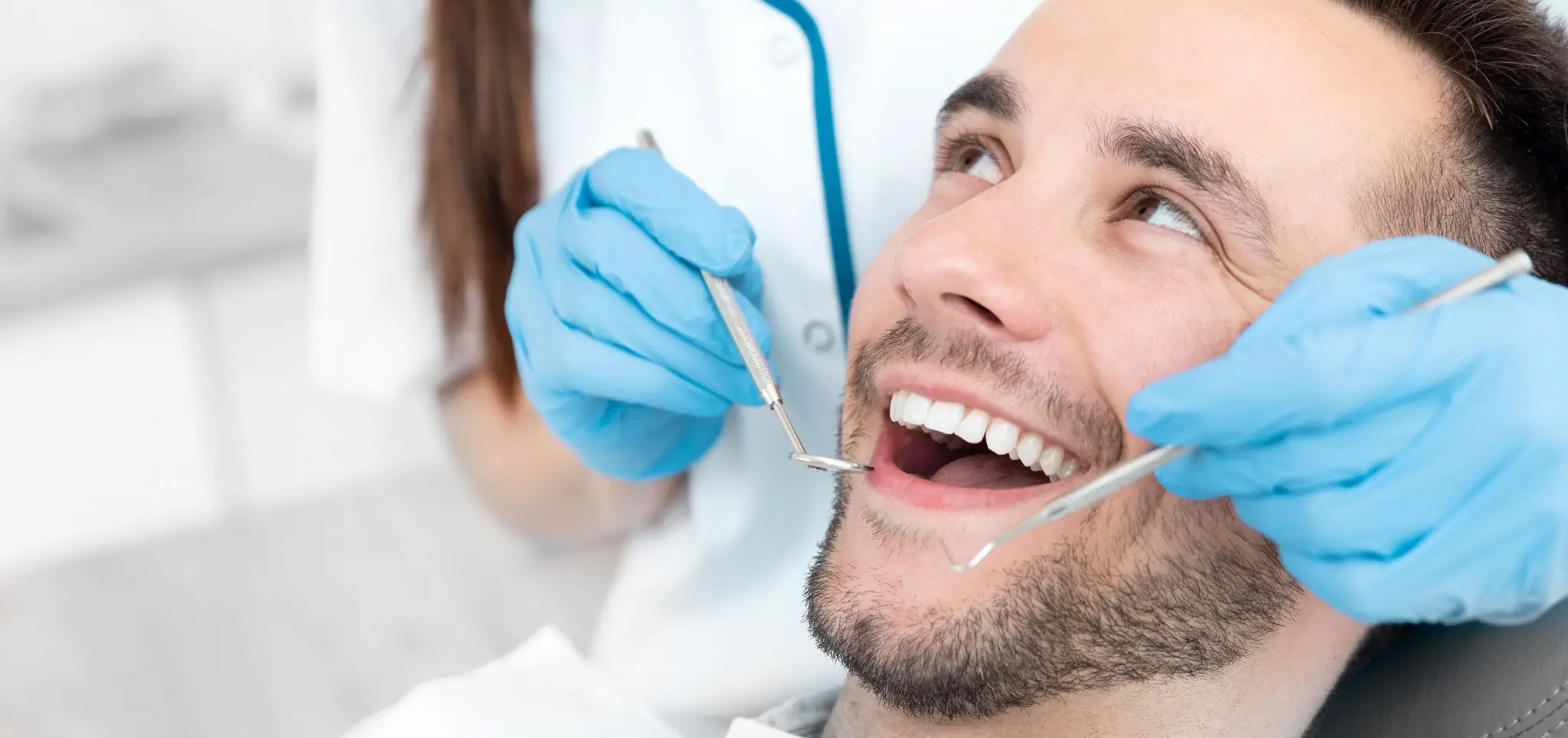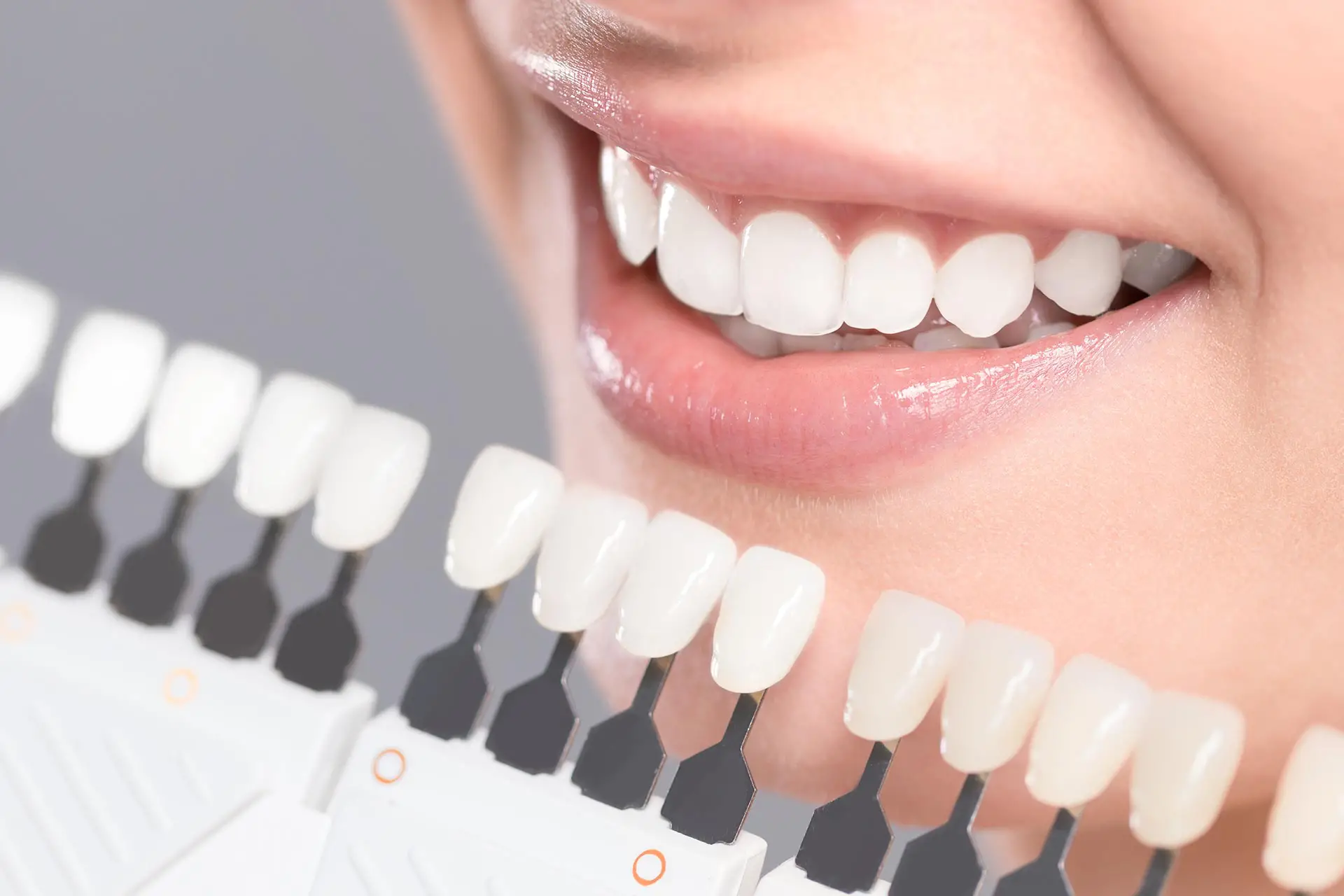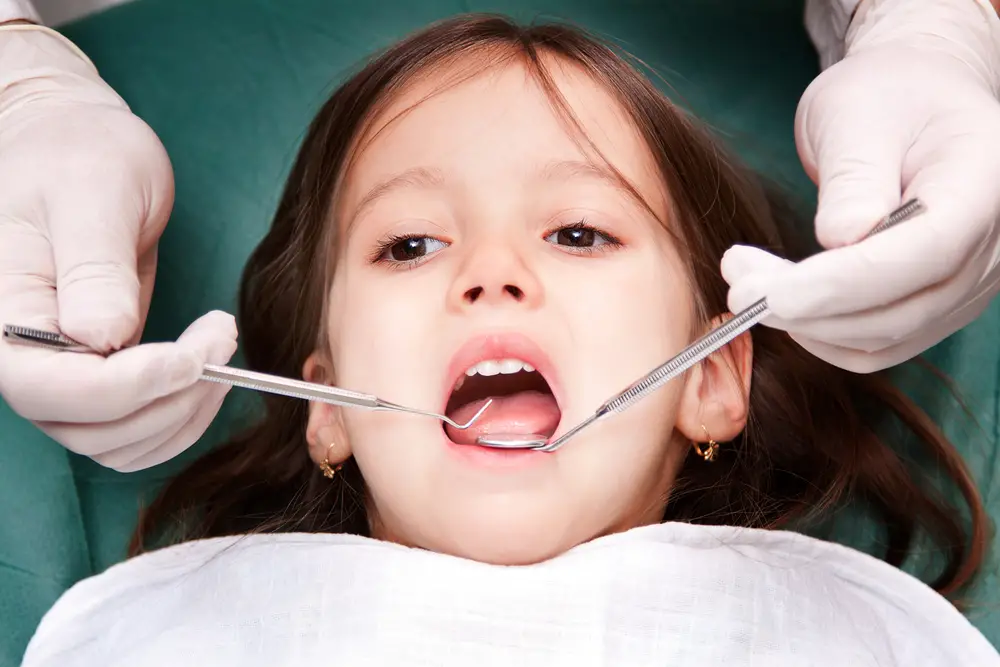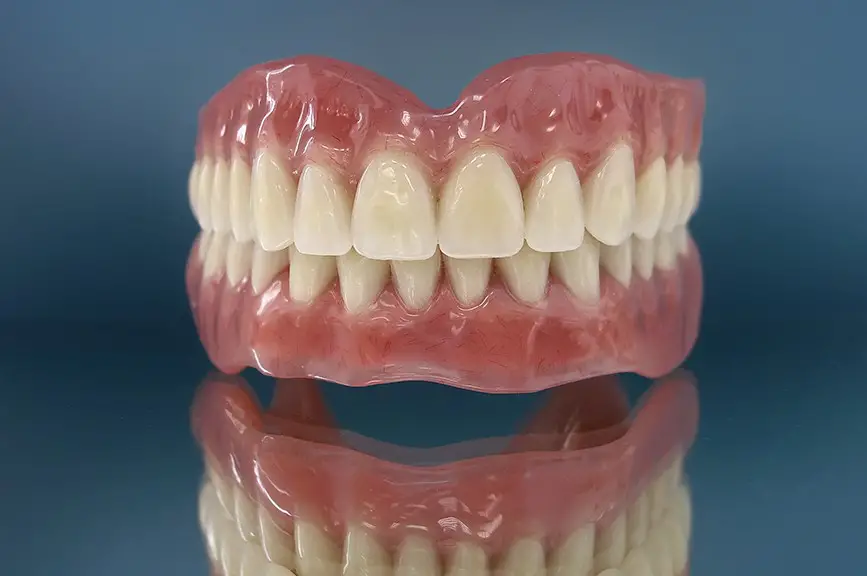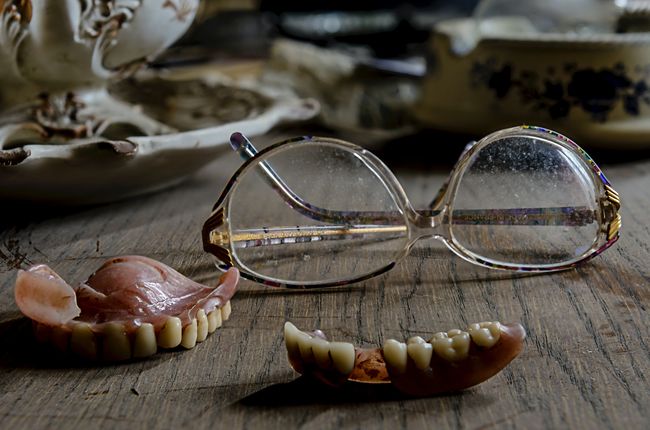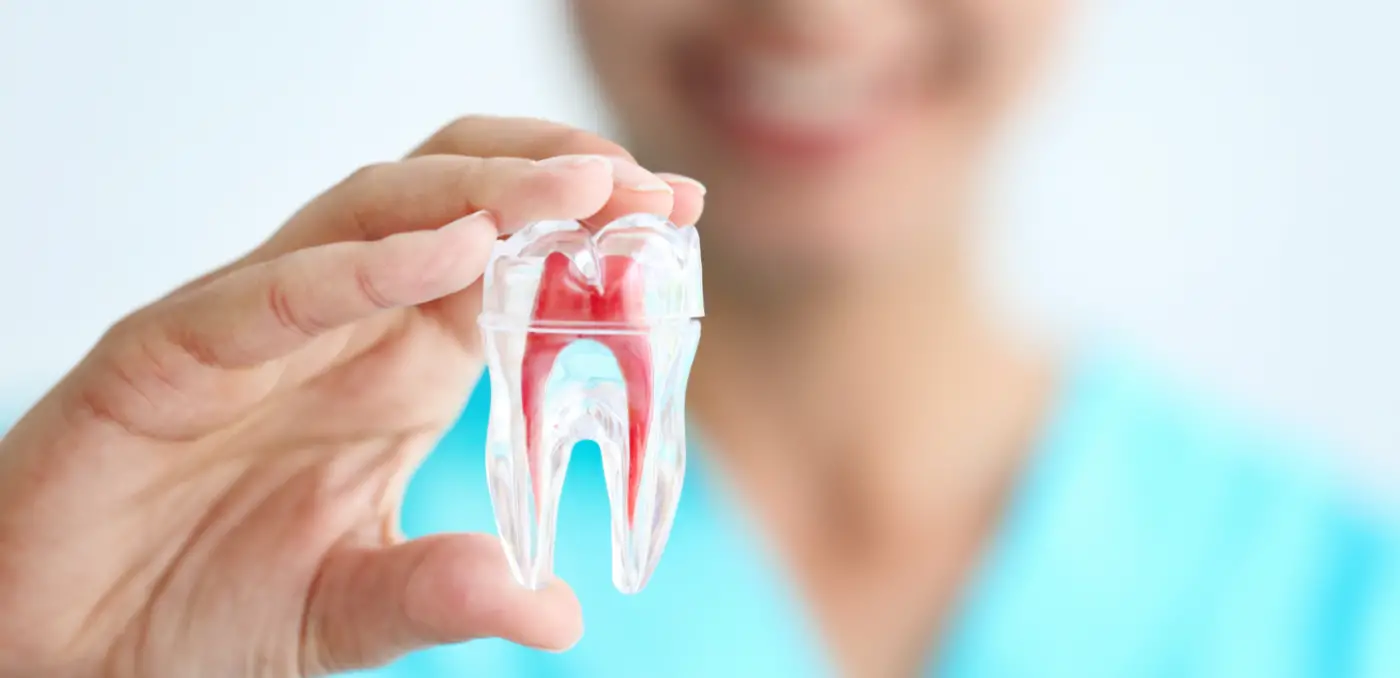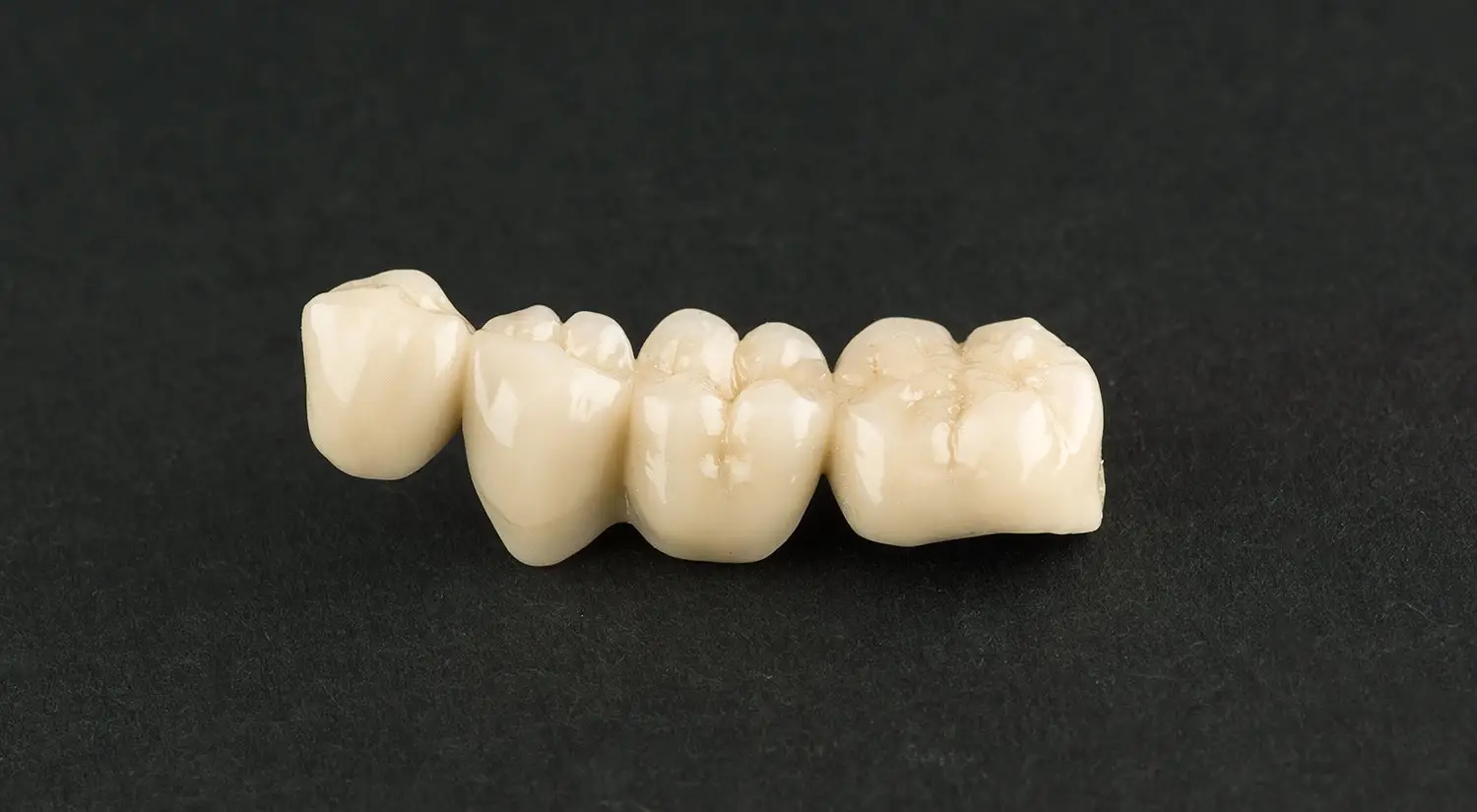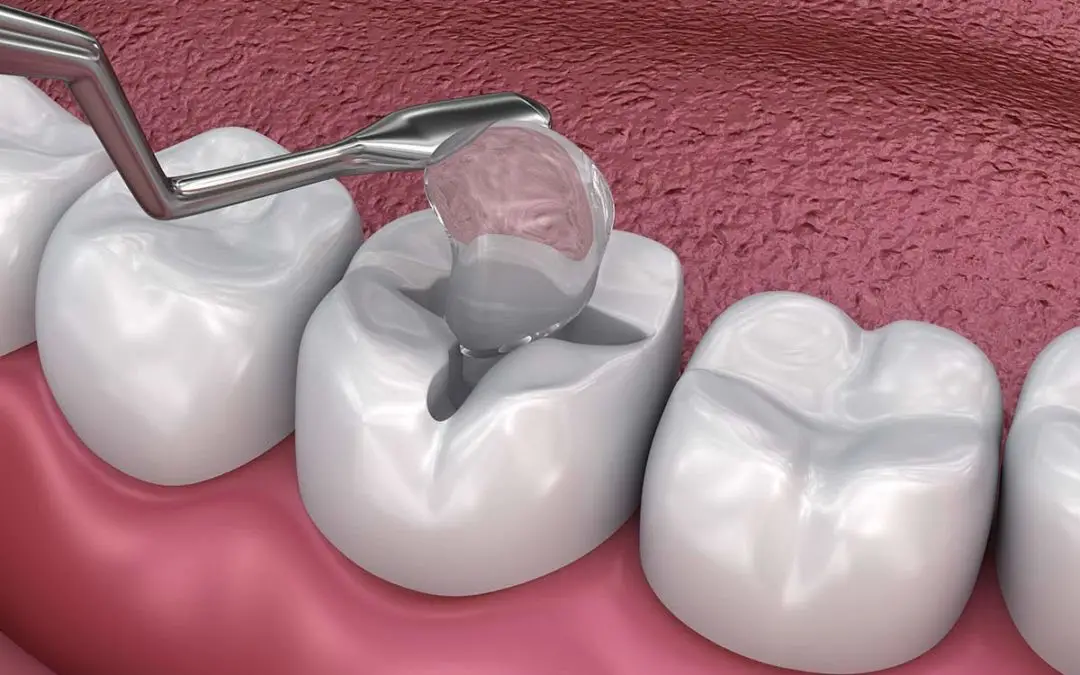Welcome to our blog post on tips to make brushing more effective! We all know that brushing our teeth is an essential part of maintaining good oral hygiene. But are we doing it right? Are we using the right toothbrush and toothpaste? And most importantly, are we utilizing proper techniques for optimal results?
In this article, we will delve into the importance of brushing regularly and effectively. We'll also discuss how to choose the right tools for the job, along with some helpful tips and tricks to ensure you're getting the most out of your daily dental routine. So, let's dive in and discover how you can level up your brushing game for a healthier smile!
The Importance of Brushing
Maintaining good oral health is crucial for overall well-being. At the heart of any dental care routine lies the humble act of brushing our teeth. Brushing not only helps to remove plaque and prevent tooth decay, but it also freshens breath and keeps gum diseases at bay.
Did you know that poor oral hygiene has been linked to various health problems? From cardiovascular diseases to diabetes, the state of your teeth and gums can have a significant impact on your overall health. That's why establishing a regular brushing routine is key.
When you brush your teeth, you're not just removing food particles; you're also eliminating harmful bacteria that can lead to cavities and gum inflammation. By dedicating just a few minutes each day to this simple task, you are taking proactive steps toward preventing dental issues down the line.
Moreover, regular brushing promotes healthier gums by stimulating blood circulation in the mouth. When left untreated, gum disease can progress from swollen and bleeding gums to more severe conditions such as periodontitis - which may eventually result in tooth loss!
In addition to all these benefits, let's not forget about the confidence boost that comes with healthy pearly whites! A bright smile can enhance both personal and professional interactions while making us feel great about ourselves.
With so many reasons highlighting its importance, it's clear that effective brushing should be an integral part of everyone's daily routine. But how exactly do we ensure we're doing it right? Let's explore some tips on choosing the right tools for effective brushing techniques in our next section!
How to Choose the Right Toothbrush and Toothpaste
Choosing the right toothbrush and toothpaste is essential for maintaining good oral hygiene. With so many options available in the market, it can be overwhelming to make a decision. But fret not; we're here to help you navigate through the choices and find what suits you best.
When it comes to selecting a toothbrush, consider the size of your mouth and teeth. A brush with a smaller head may work better if you have a small mouth or crowded teeth. Soft bristles are gentle on your gums and enamel, while hard bristles can cause damage over time.
Electric or manual? It's really up to personal preference. Electric brushes can be more effective at cleaning hard-to-reach areas, but they also tend to be pricier. Manual brushes work just fine as long as you use the proper technique and brush for the recommended two minutes.
As for toothpaste, look for one that contains fluoride - this mineral helps strengthen enamel and prevent cavities. Take note of any special dental concerns you may have, such as sensitivity or gum issues; there are specific formulas tailored to address these problems.
Remember that regular replacement of both your toothbrush (about every three months) and toothpaste is important for ensuring optimal oral health. By taking the time to choose the right tools for brushing your teeth, you'll be setting yourself up for success in maintaining healthy smiles!
Proper Brushing Techniques and Tips
To make your brushing more effective, it's important to follow proper brushing techniques and tips. Here are some guidelines that can help you maintain good oral hygiene:
1. Angle the brush: Hold your toothbrush at a 45-degree angle towards the gumline. This allows the bristles to reach both the teeth and gums, ensuring a thorough clean.
2. Use gentle pressure: Avoid applying too much pressure while brushing as it can damage your tooth enamel and irritate your gums. Instead, use gentle circular motions to remove plaque effectively.
3. Cover all surfaces: Remember to brush all surfaces of your teeth – front, back, and chewing surfaces. Don't forget about those hard-to-reach areas like the back molars!
4. Take your time: Rushing through brushing can lead to inadequate cleaning. Aim for two minutes of brushing twice a day to give enough time for thorough plaque removal.
5. Replace your toothbrush regularly: Over time, bristles become frayed and less effective in cleaning teeth properly. It is recommended to replace your toothbrush every three months or sooner if it appears worn out.
6. Don't neglect the tongue: Bacteria can also accumulate on the tongue's surface, leading to bad breath and potential oral health issues such as gum disease or cavities. Gently brush or scrape your tongue daily using a tongue scraper or soft-bristled toothbrush.
By incorporating these proper brushing techniques into your dental routine, you'll be well on your way toward maintaining excellent oral health!
Conclusion
Taking care of your oral health is vital for maintaining a healthy smile and overall well-being. Brushing your teeth regularly, with the right techniques and tools, can help prevent cavities, gum disease, and other dental issues.
In this article, we discussed the importance of brushing and how to make it more effective. We emphasized the need to choose the right toothbrush and toothpaste that suit your needs. Additionally, we provided tips on proper brushing techniques, such as using gentle but thorough strokes, reaching all areas of your mouth, and giving enough time for each brushing session.
Remember that consistency is key when it comes to brushing. Aim to brush at least twice a day for two minutes each time. Don't forget to replace your toothbrush every three months or sooner if the bristles become frayed.
By following these tips and making brushing a daily habit in your oral care routine, you'll be taking proactive steps towards better dental health. So go ahead and grab that toothbrush – your smile will thank you!

